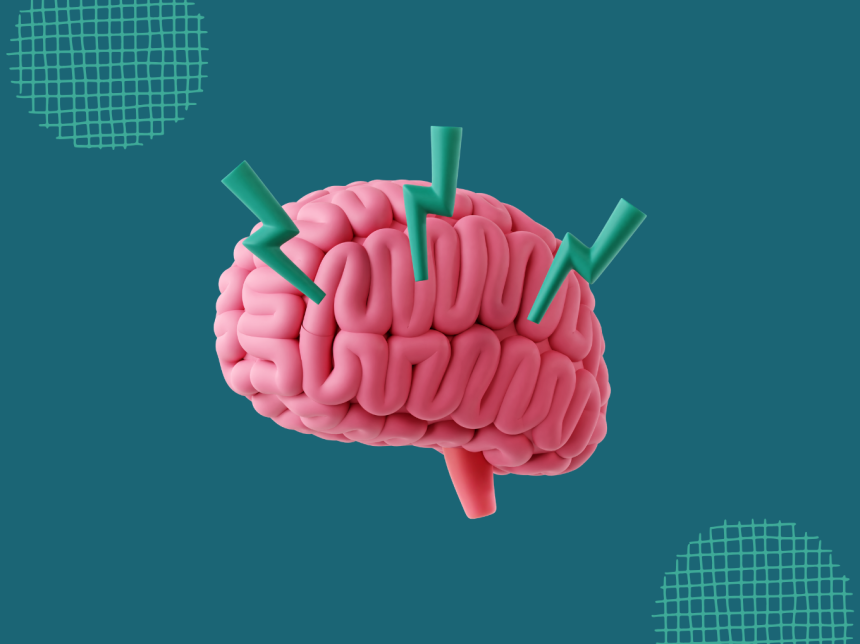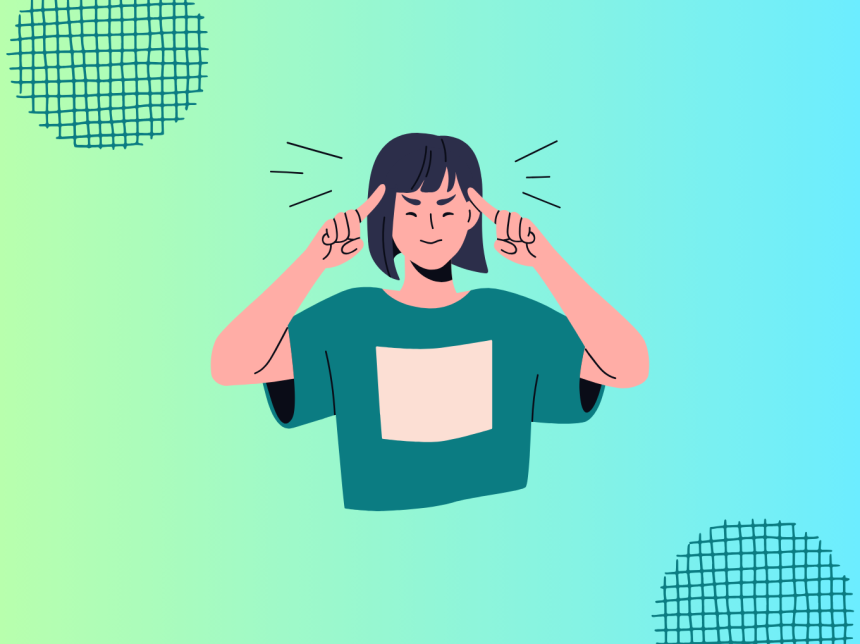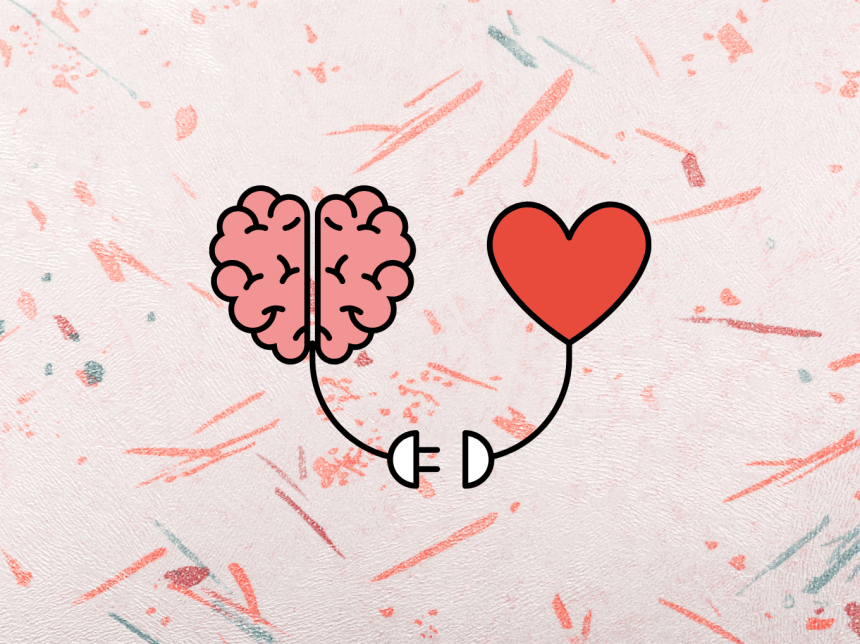
Psychic Energy and Motivation: Understanding the Forces That Drive Human Behavior
Explore the psychology of psychic energy and motivation. Learn how inner drives, emotions, and goals shape human behavior and personal growth.
The Hidden Forces Behind Action
Why do we pursue goals, overcome obstacles, and push through challenges? The answer lies in the concept of psychic energy and its role in motivation. While energy is often thought of in physical terms, psychology uses it as a metaphor for the mental and emotional resources that fuel behavior.
From Freud’s theories of instinctual drives to modern perspectives on motivation and self-determination, the study of psychic energy reveals how inner forces shape the way we act, think, and grow.
Historical Roots of Psychic: Energy Freud’s Drive Theory
Sigmund Freud described psychic energy as libido—the driving force behind behavior. For Freud:
- Energy stems from instinctual drives such as survival and reproduction.
- Repression of energy leads to internal conflict.
- Motivation is often unconscious, influenced by hidden desires.
Jung’s Expansion
Carl Jung broadened the concept, suggesting that psychic energy is not limited to sexual instincts but represents a general life force. This energy fuels creativity, spiritual growth, and the pursuit of meaning.
Later Developments
As psychology evolved, researchers shifted from metaphors of psychic energy toward scientific models of motivation, yet the metaphor remains powerful for describing inner vitality.
Modern Psychology of Motivation
While classical psychoanalysis introduced the idea of psychic energy, modern psychology explains motivation through cognitive, emotional, and social factors.
1. Drive Theories
Behavior is motivated by biological needs (e.g., hunger, thirst, safety). When needs are unmet, tension creates energy that pushes us toward action.
2. Self-Determination Theory (Deci & Ryan)
Humans are motivated by three innate needs:
- Autonomy: The need to feel in control of actions.
- Competence: The need to master challenges.
- Relatedness: The need to connect with others.
3. Intrinsic vs Extrinsic Motivation
- Intrinsic motivation: Driven by internal satisfaction (learning for curiosity).
- Extrinsic motivation: Driven by rewards, recognition, or social approval.
The Role of Emotions in Psychic Energy
Emotions act as fuel for psychic energy:
- Positive emotions (joy, curiosity, love) expand energy, leading to growth.
- Negative emotions (fear, anxiety, guilt) can drain or redirect energy.
- Motivation often arises from balancing emotional states—avoiding discomfort while seeking fulfillment.
Energy Management: Flow and Burnout Flow State
Psychologist Mihaly Csikszentmihalyi described flow as a state of complete immersion in an activity. In flow:
- Psychic energy is fully directed toward a task.
- Motivation is intrinsic, leading to creativity and satisfaction.
Burnout
When psychic energy is overextended without recovery, burnout occurs. Symptoms include fatigue, loss of motivation, and emotional exhaustion.
Applications of Psychic Energy and Motivation
1. Education
- Encouraging intrinsic motivation improves learning outcomes.
- Flow-based activities enhance concentration and creativity.
2. Workplace
- Leaders can boost motivation by supporting autonomy and recognition.
- Energy management prevents burnout and increases productivity.
3. Therapy and Personal Growth
- Uncovering repressed energy (Freud’s idea) helps resolve inner conflict.
- Mindfulness practices restore balance and direct energy positively.
4. Sports and Performance
- Athletes channel psychic energy through focus and emotional regulation.
- Visualization techniques enhance motivation and outcomes.
Spiritual and Philosophical Perspectives
Across cultures, psychic energy is often connected to vital forces such as:
- Chi (Qi) in Chinese philosophy.
- Prana in Indian traditions.
- Spirit or vital essence in Western mysticism.
While psychology studies energy metaphorically, these traditions emphasize its role in balance, health, and self-realization.
Challenges in Understanding Psychic Energy
- Measurement Difficulty: Unlike physical energy, psychic energy cannot be quantified.
- Metaphorical Nature: The term is symbolic, not literal.
- Cultural Variations: Interpretations differ across traditions and disciplines.
Despite challenges, the concept remains valuable for describing motivation, vitality, and psychological driv
The Future of Motivation Research
Advancements in neuroscience, artificial intelligence, and behavioral science may provide deeper insights into the dynamics of motivation:
- Brain imaging reveals how reward circuits regulate motivation.
- AI-driven apps track energy levels and suggest interventions.
- Integrating Eastern and Western perspectives may create holistic models of energy and well-being.
Conclusion: Energy as the Essence of Human Drive
Psychic energy may not be a measurable force, but as a metaphor, it captures the essence of human motivation. Whether through Freud’s unconscious drives, Jung’s life force, or modern theories of intrinsic and extrinsic motivation, the study of energy and motivation helps us understand why we act, strive, and grow.
By learning to direct psychic energy effectively—through balance, focus, and emotional regulation—we can enhance productivity, creativity, and well-being.




